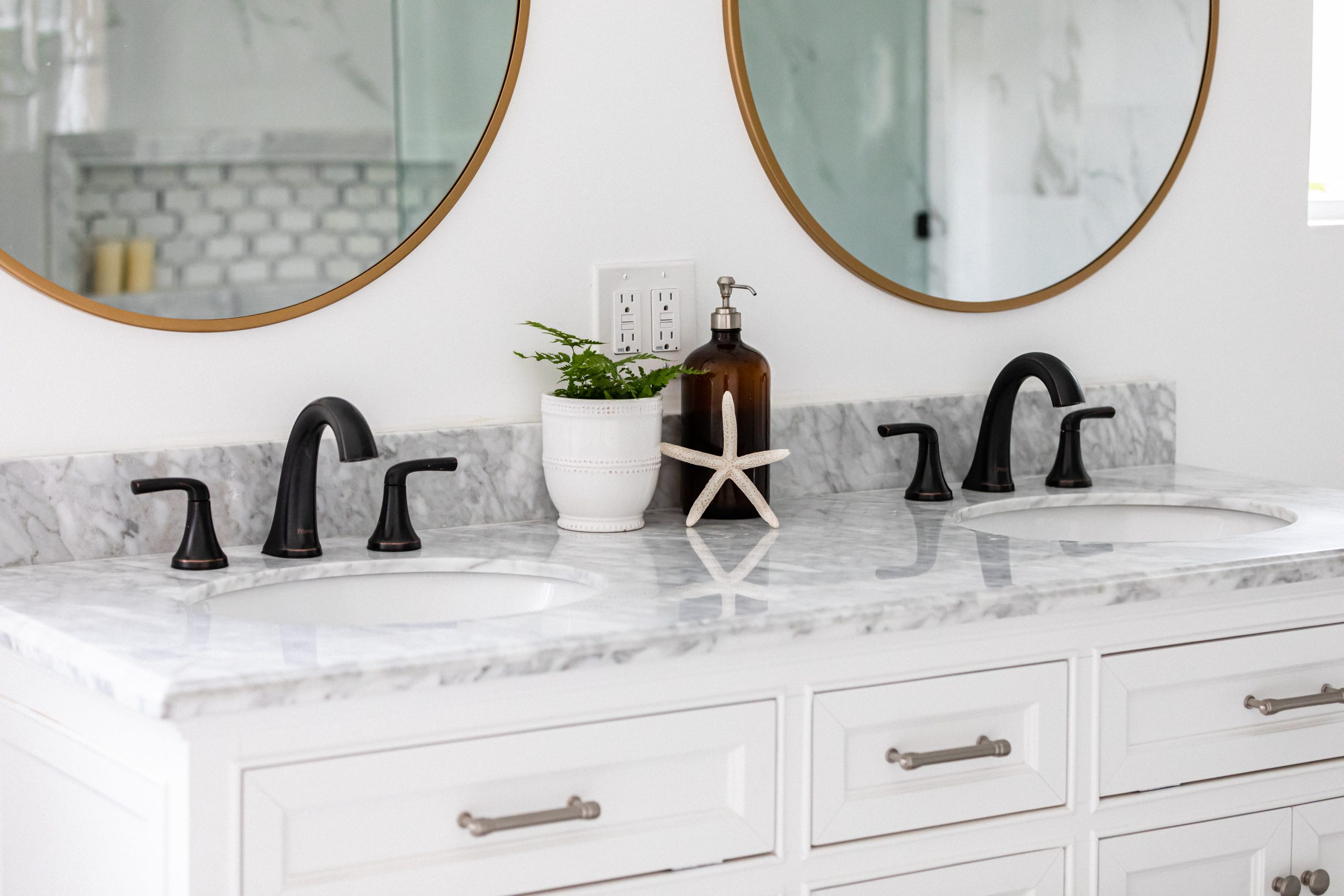Cultured Marble Vanity Sinks: A Comprehensive Buying Guide

Choosing the right cultured marble vanity sink for your bathroom involves considering various factors, from design and durability to maintenance and cost-effectiveness. This comprehensive buying guide will help you make an informed decision when selecting a cultured marble vanity sink that meets your needs and enhances your bathroom space.
1. Design Options
Integrated Sink and Countertop:
- Description: Seamlessly integrates the sink basin into the countertop surface for a cohesive look.
- Advantages: Simplifies cleaning, enhances visual appeal, and offers a modern aesthetic.
- Considerations: Requires precise measurements and professional installation for optimal results.
Custom Shapes and Sizes:
- Description: Allows for personalized designs to fit specific bathroom layouts.
- Advantages: Offers flexibility in design, accommodating unique preferences and spatial constraints.
- Considerations: Custom options may involve longer lead times and higher costs compared to standard sizes.
Textured Finishes:
- Description: Adds depth and tactile interest to the sink surface with options like leather-like textures or embossed patterns.
- Advantages: Enhances visual appeal, hides water spots and minor scratches, and offers a unique aesthetic.
- Considerations: Texture may affect cleaning ease; requires careful maintenance to preserve appearance.
2. Durability and Maintenance
Material Composition:
- Description: Made from marble dust or limestone combined with polyester resins.
- Advantages: Provides durability against chips, scratches, and stains; non-porous surface resists moisture.
- Considerations: Avoid abrasive cleaners to prevent damage to the surface; periodic sealing may be required for long-term protection.
Longevity:
- Description: Offers long-lasting performance with proper care and maintenance.
- Advantages: Reduces the need for frequent replacement, contributing to cost-effectiveness.
- Considerations: Protect from sharp objects and heavy impacts to prevent surface damage.
3. Aesthetic Appeal
Color Variety and Patterns:
- Description: Available in a wide range of colors, from classic whites to bold hues, and patterns that mimic natural stone veining.
- Advantages: Allows customization to match bathroom décor and personal style preferences.
- Considerations: Consider lighting conditions and overall color scheme in the bathroom for optimal integration.
Finishes:
- Description: Offers options such as glossy, matte, metallic, or pearlized finishes.
- Advantages: Enhances visual appeal with reflective surfaces or textured effects; suits various design aesthetics.
- Considerations: Choose a finish that complements other bathroom fixtures and accessories for a cohesive look.
4. Environmental Considerations
Sustainability:
- Description: Often incorporates recycled materials, reducing environmental impact compared to natural stone options.
- Advantages: Supports sustainable practices in material sourcing and manufacturing.
- Considerations: Look for eco-friendly certifications or products with low VOC emissions for additional environmental benefits.
5. Cost-Effectiveness
Affordability:
- Description: Generally more affordable than natural stone options like marble or granite.
- Advantages: Provides luxury aesthetics at a lower cost; budget-friendly for bathroom renovations.
- Considerations: Compare prices among different suppliers; factor in installation costs and long-term maintenance expenses.
6. Installation and Maintenance
Installation:
- Description: Requires proper measurement, preparation of plumbing connections, and secure mounting.
- Advantages: DIY installation possible for those with experience; professional installation ensures precise fitting.
- Considerations: Follow manufacturer guidelines and use recommended adhesives or sealants for optimal performance.
Maintenance:
- Description: Easy to clean with mild soap and water; non-porous surface resists stains and bacterial growth.
- Advantages: Low maintenance compared to natural stone; periodic sealing may be required depending on the finish.
- Considerations: Avoid harsh chemicals and abrasive cleaners that could damage the surface; follow care instructions for best results.
Conclusion
Choosing a cultured marble vanity sink involves evaluating design options, durability, maintenance requirements, aesthetic appeal, environmental considerations, and cost-effectiveness. By considering these factors and understanding your preferences and bathroom requirements, you can select a cultured marble vanity sink that not only enhances the beauty of your bathroom but also meets your functional and budgetary needs effectively.







